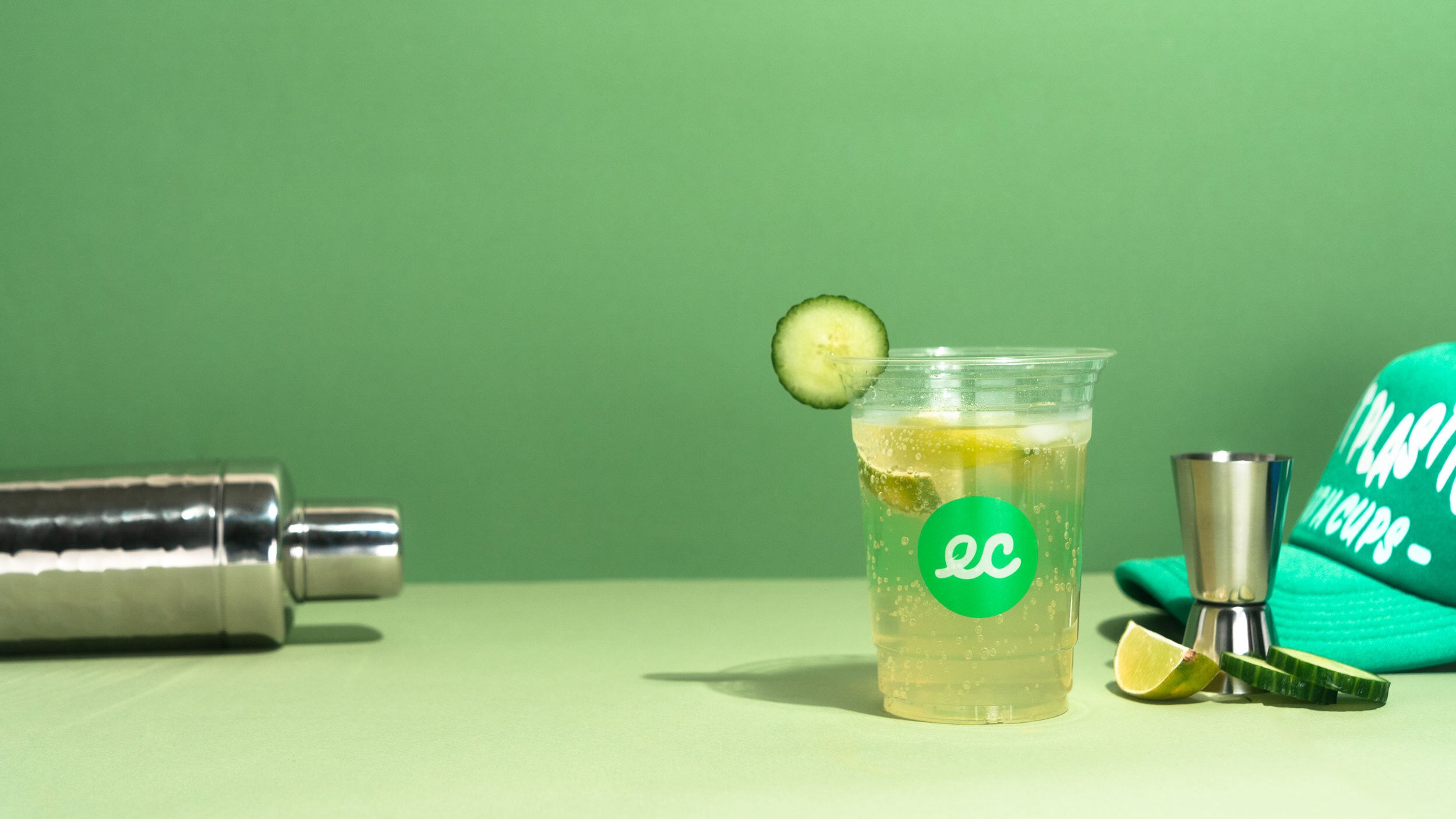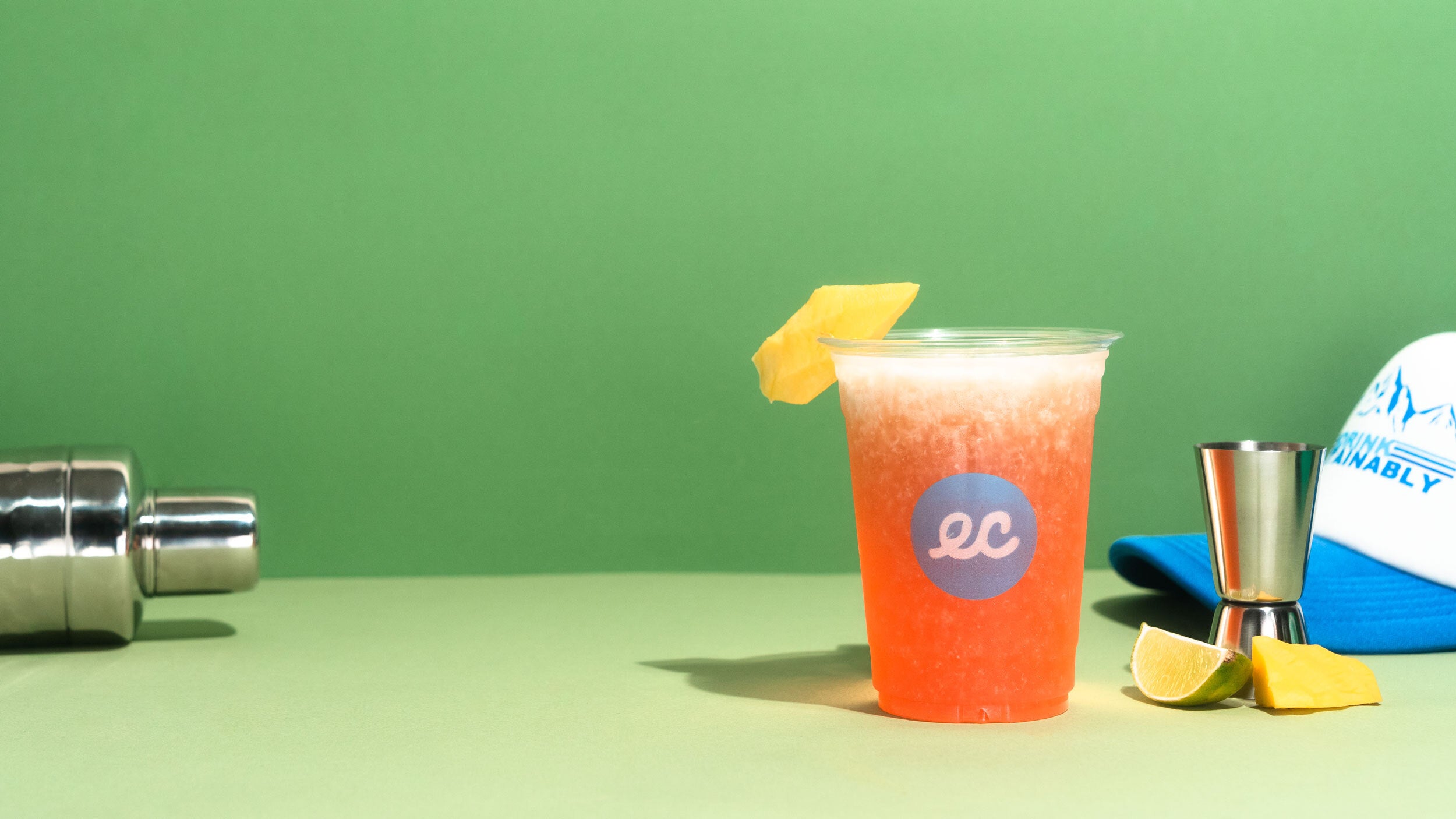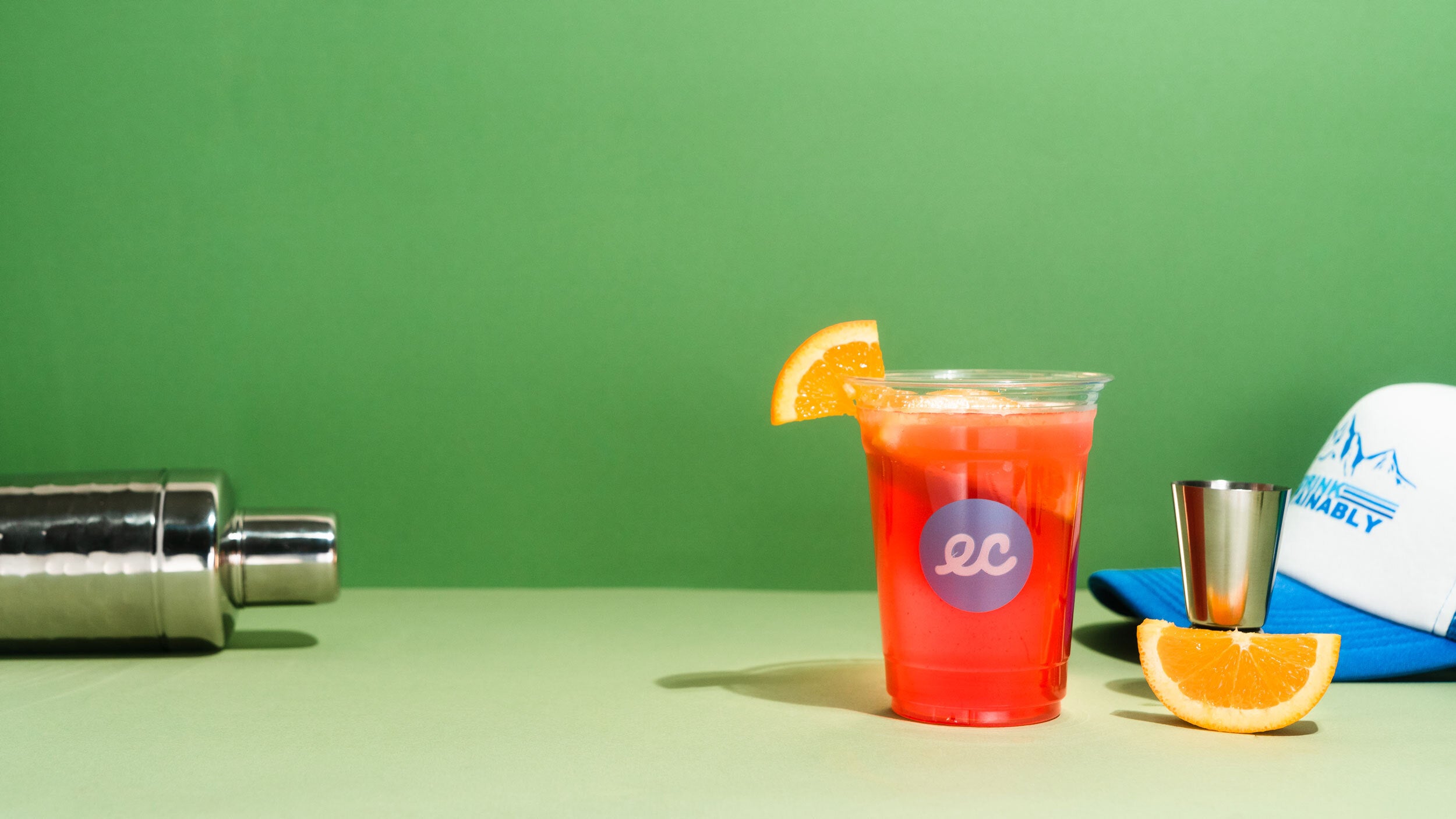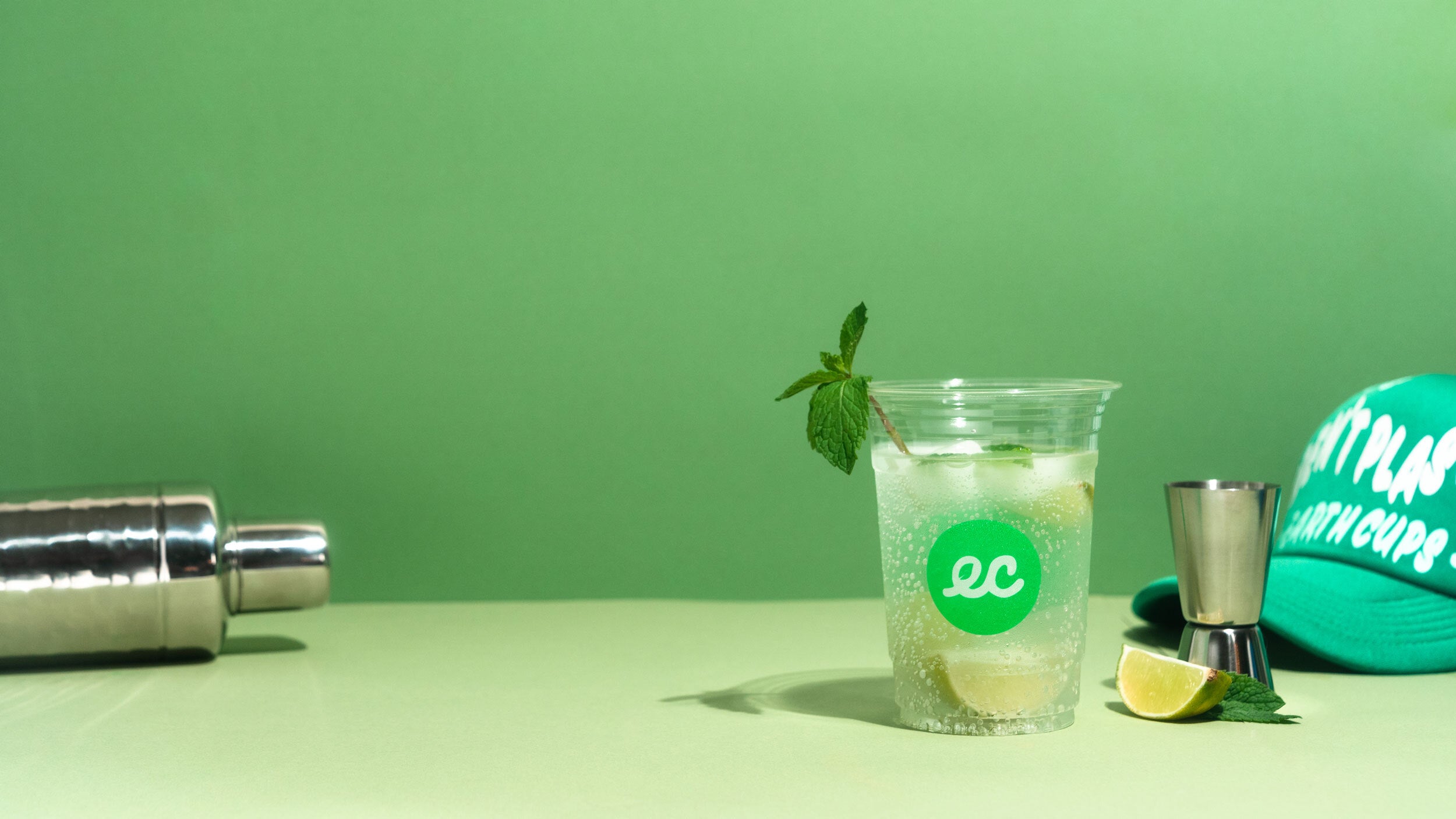
Will they drink to that? Williams College student working to make beer pong Earth-friendly
WILLIAMSTOWN — After decades of plastic pollution at college campuses, a Williams College junior finally has figured out how to make beer pong Earth-friendly.
It’s pretty simple, really, and could foreshadow similar efforts in other venues.
Misha Medvedev has embarked on a nonprofit venture to bring compostable plastic cups made from corn resin — cups that decompose in about 90 days — to students at Williams College and, hopefully, to other college students at campuses near and far. The manufacturing process uses half the water and half the carbon and less energy consumption than the manufacture of conventional plastic cups, he contends.
It’s an effort to supplant the iconic Solo red plastic cups that, for years, have been popular at beer blasts, beer pong tournaments and other campus rituals.
According to information published by National Geographic, about 8 million tons of plastic waste escapes into the oceans every year — the equivalent of setting five garbage bags full of trash on every foot of coastline around the world. And some plastics often take 400 years to break down.
To be clear, Medvedev, 20, didn’t invent the material or the cup. But, he did raise money from family and friends to order the manufacture of 100,000 corn resin cups, which he branded Earth Cups, and sold them to three local shops popular with the college crowd: The Spirit Shop on Cole Avenue, and The Spring Street Café and West Liquors on Spring Street.
“I got to thinking about how many plastic cups we go though at Williams,” he said. “At every campus it’s a weekly thing, and it hurts to realize how much plastic waste is coming out week after week. This is a really bad problem.”
Medvedev said it’s a “common misconception” that Solo cups are recyclable. They are not.
“Solo manufactures about 8 billion cups every year, and they all end up in the landfills and the oceans,” he said.
This startup is using a grassroots business model. For now, all his inventory is stored in the garage of his parents’ home on Long Island in New York. Medvedev said his mother has reached a perfect balance of frustration about the loss of her garage and pride in her son’s effort to save the world.
The cups are more expensive than the Solo version, but they are selling well because people understand they are paying more for a cup that will not still be around in 100 years, Medvedev said. And the pricing isn’t exactly profit-driven.
“I’m running this as a nonprofit, and any profit we make will be donated to the One Tree Planted campaign,” Medvedev said.
He has started a GoFundMe campaign, which has raised $2,000 so far, to buy more cups at wholesale prices to bolster distribution to local stores, and any other college communities that present a potential market.
This isn’t Medvedev’s first foray into an Earth-friendly enterprise. Along with his business partner and fellow Williams student Peter Frelinghuysen, they launched a business selling Earth Caps. They designed some thematic caps with simple but cool designs depicting threatened animals and wind turbines, and donated part of the purchase price to nonprofits that are reflected by the cap designs, such as Lonely Whale, Make A Change World, Bondh E Shams, and World Animal Protection.
They sell baseball-style caps and beanies for the winter. As of December, they had sold about 300 hats and donated more than $1,000.
So far, Medvedev has sold about 15,000 cups, and is seeking new vendors.
“It would be great if someday we could replace Solo cups across the country,” he said. “So, I’m trying to get into as many liquor stores and other markets as I can. They’re good for parties, family gatherings and any kind of social event.”
Medvedev noted that any single-use plastic product — compostable or not — still is wasteful of resources and energy. “Reusable is always best, but these cups are a step in the right direction.”
Jake Racette, an employee at The Spirit Shop, said the cups are selling well.
“He [Medvedev] did a good job with the legwork,” Racette said. “The biggest proponent of the cups seems to be the college students. It looks to be a worthy endeavor, and I think it will catch on.”
- Scott Stafford
Scott Stafford has been a reporter, photographer, and editor at a variety of publications, including the Dallas Morning News and The Berkshire Eagle. Scott can be reached at sstafford@berkshireeagle.com, or at 413-496-6301 and on Twitter at @BE_SStafford








